AIIB starts new era for Asia
Updated: 2016-01-16 11:27
By Chua Chin Leng(chinadaily.com.cn)
|
||||||||
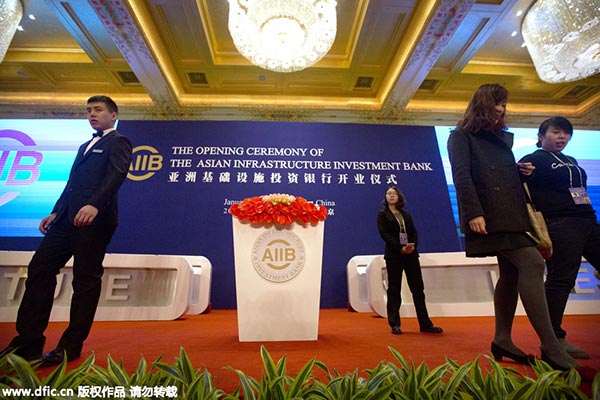 |
|
Workers walk across the stage before the opening ceremony of the Asian Infrastructure Investment Bank (AIIB) in Beijing Jan 16, 2016.[Photo/IC] |
After three years in the making, the Asian Infrastructure Investment Bank (AIIB) officially opens for business on Jan 16, 2016. The AIIB is a milestone for Asia; it’s for Asian countries to take charge of their futures going forward. Asian countries now have an Asian bank financed mainly by Asian countries providing funds for infrastructure development in Asia.
The positive contribution of an Asian bank to finance infrastructure development, energy, and transportation in Asia is clear and obvious. The encouraging international membership is a vindication of the need and the niche role that AIIB could play for its Asian members.
The participation of many western economic powers gives credence and affirmation that the AIIB is on the right path and would be an essential organization in the same league as the World Bank, the International Monetary Fund (IMF), and the Asian Development Bank (ADB). On a positive note, the AIIB would play a complimentary role to these existing institutions, to provide financing and fill the gaps that the existing structure and organizations could not do. The needs of Asian countries to develop their coal, thermal, and hydro power infrastructure excluded by the Bretton Woods Agreements would now be served by the AIIB.
The challenges faced by the AIIB are more political than economics. The opposition from the American and Japanese corner arises from their perception that the AIIB is a challenge to their dominance and monopoly in the existing world order.
No one can deny the great economic benefits that the AIIB would bring to Asian countries. The political rhetoric is just that and economic considerations would rule the day as was seen by the last minute entry of the Philippines becoming a founding member. No Asian country would want to be left out from benefiting from an Asian Bank with a primary role of supporting the infrastructure development of Asian countries.
Obstacles, real and imaginary, would be placed by beneficiaries of the old world order into the path of the AIIB. It is important that Asian countries like China, India, and Russia would put their priorities right, to see to it that an Asian bank could succeed under their leadership to serve Asian interests and the ascendance of Asian powers, to free Asian countries from the dominance of western powers.
The Asian countries would also work closely with the western members in the AIIB to ensure that AIIB is run professionally and abiding by all the good practices of the World Bank, IMF, and ADB, and to be a credible and sustainable Asian bank.
The AIIB is a showpiece of Asia, an announcement that Asia has arrived and Asian countries are able and capable of managing the economic development of Asia with Asian expertise, funds and professional management. The primacy of economic considerations should be the guiding principle of the AIIB and not politics. AIIB should not become a political organization and be bogged down with political squabbling if it is to survive the challenges that would fall in its path.
It cannot avoid or totally be detached from the political implications and conflicts in geopolitics. As long as the AIIB can put the economic interests of its member countries above politics, with transparent and good governance, it would be unshakable to the negative political rhetoric and criticisms of its critics and naysayers.
All Asian countries have a vested interest to see to it that the AIIB is a success and benefits all members. This responsibility rests squarely on the shoulders of the emerging Asian economic power houses, in China, India, South Korea, in Russia and in the central and south East Asian countries.
The author is a political observer from Singapore.
The opinions expressed here are those of the writer and don't represent views of China Daily website.
- A glimpse of Spring Rush: little migrant birds on the way home
- Policy puts focus on genuine artistic students
- Police unravel market where babies are bought, sold as commodities
- More older pregnant women expected
- Netizen backlash 'ugly' Spring Festival Gala mascot
- China builds Mongolian language corpus
- Special envoy to visit Laos and Vietnam
- El Nino expected to wreak havoc in S. America well into 2016
- Police officer rescues frightened sloth at corner of busy highway
- US Secretary of State visits Laos, aiming to boost ties
- 2 Chinese nationals killed, 1 injured in suspected bomb attack in Laos
- New York, Washington clean up after fatal blizzard
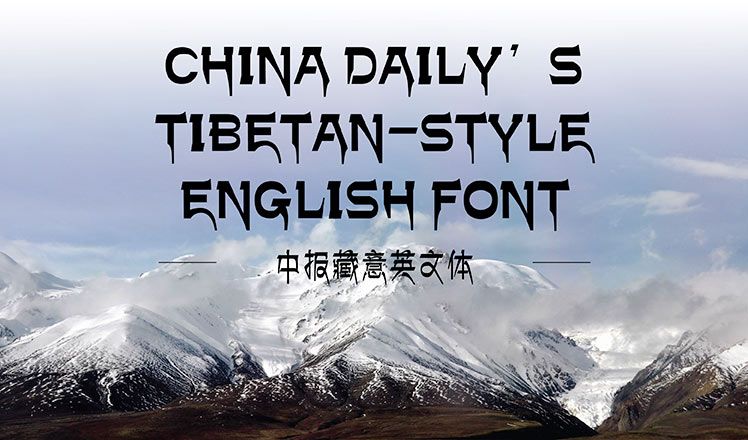
 Creation of China Daily's Tibetan-style font
Creation of China Daily's Tibetan-style font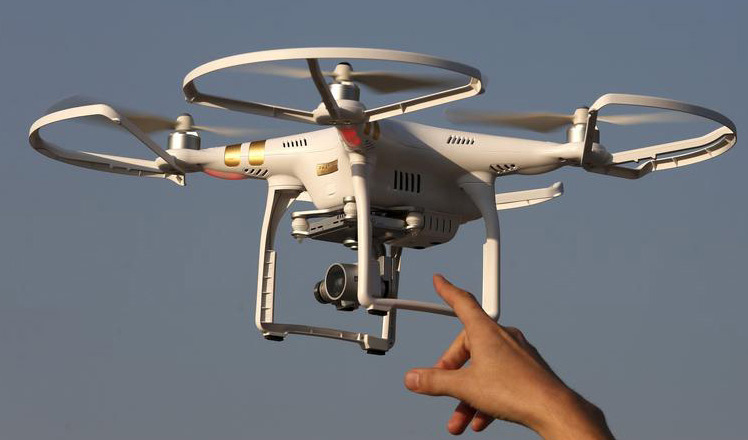
 Drone makers see soaring growth but dark clouds circle industry
Drone makers see soaring growth but dark clouds circle industry China's Zhang reaches Australian Open quarterfinals
China's Zhang reaches Australian Open quarterfinals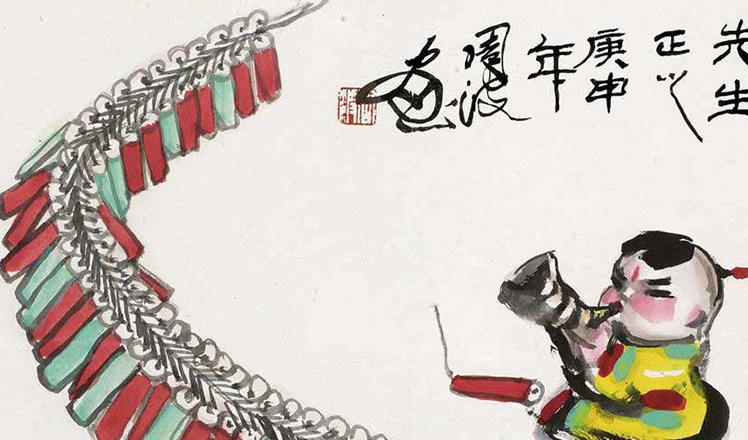
 Spring Festival in the eyes of Chinese painters
Spring Festival in the eyes of Chinese painters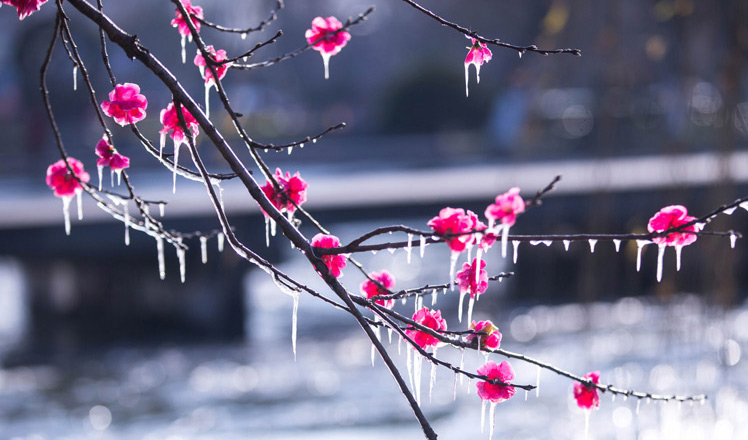
 Cold snap brings joy and beauty to south China
Cold snap brings joy and beauty to south China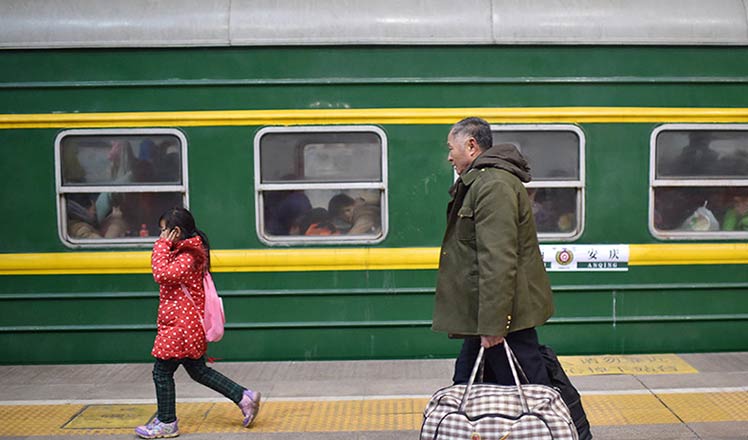
 First trains of Spring Festival travel depart around China
First trains of Spring Festival travel depart around China
 Dough figurines of Monkey King welcome the New Year
Dough figurines of Monkey King welcome the New Year
 Ning Zetao, Liu Hong named China's athletes of the year
Ning Zetao, Liu Hong named China's athletes of the year
Most Viewed
Editor's Picks

|

|

|

|

|

|
Today's Top News
National Art Museum showing 400 puppets in new exhibition
Finest Chinese porcelains expected to fetch over $28 million
Monkey portraits by Chinese ink painting masters
Beijing's movie fans in for new experience
Obama to deliver final State of the Union speech
Shooting rampage at US social services agency leaves 14 dead
Chinese bargain hunters are changing the retail game
Chinese president arrives in Turkey for G20 summit
US Weekly

|

|








